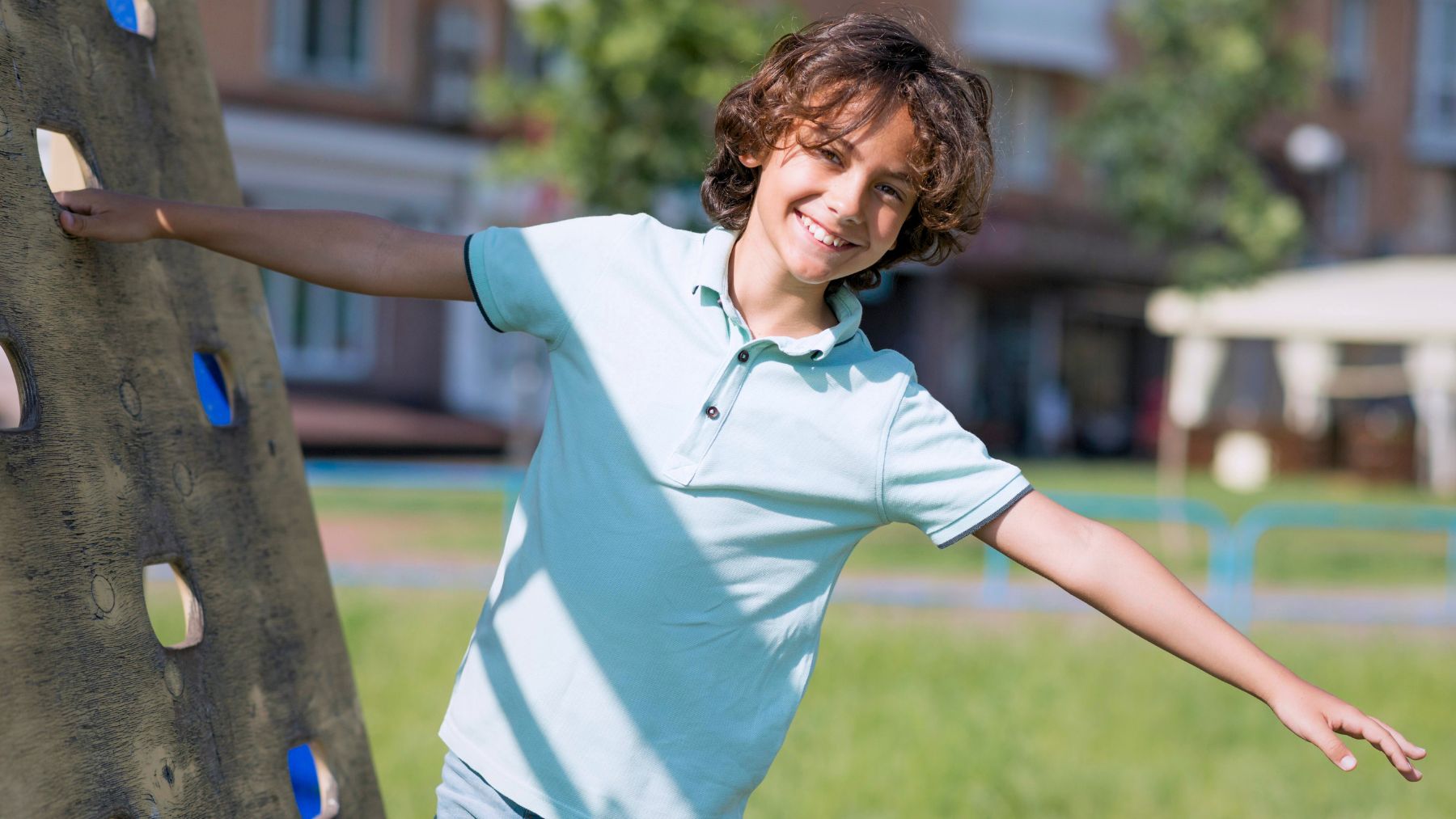Parents constantly explore athletic activities that nurture robust physical skills and cultivate constructive mental habits for their children. Although sports like football promote teamwork and swimming builds endurance, another activity refines coordination, focus, and interpersonal skills. We’re referring to baseball, a sport that has been an integral part of American culture and youth development for generations.
Baseball transcends mere recreation, and it can be an invaluable tool for growth when introduced to 12-year-olds. Here, we’ll explore how this sport strengthens both body and mind, why it is particularly beneficial for preteens navigating the transition to adolescence, and how to get started, even if your child has never held a bat before.
Practicing baseball to build coordination and focus during childhood
Baseball skillfully merges physical exercise with strategic thinking and integrates teamwork with skill development. Here is how it can help 12-year-olds:
- It trains the body and mind to work together: Hitting a pitch challenges hand-eye coordination, fielding a ground ball cultivates rapid reflexes and spatial awareness, and running the bases enhances agility and speed.
- It demands and builds concentration: Players learn to follow the ball’s trajectory, anticipate plays, and adapt their strategies in real time. For children who tend to lose concentration during routine classroom tasks or homework, it reinforces sustained engagement.
- It turns problem-solving into a game: Kids learn to analyze each situation, whether they steal a base the best angle to throw the ball. These rapid decision-making processes nurture critical thinking and adaptability.
- It teaches resilience without pressure: Children learn to let go of errors and approach every play with determination, building emotional resilience. Moreover, the inning and positional structure of the game prevents them from shouldering all the pressure, alleviating performance anxiety.
- It’s social but not overwhelming: In contrast to fast-paced sports, baseball incorporates natural pauses that enable teammates to communicate, strategize, and bond. These breaks foster a balanced social setting, which is especially valuable for shy or introverted children who may prefer connecting with peers at a comfortable pace.
How can kids get started with this sport?
Baseball requires only minimal equipment: a glove, a bat, and a ball. For beginners, consider the following steps:
- Practice basics at home. Use a tennis ball during safe catching drills and chalk to mark bases on a driveway or in a local park.
- Find local leagues. Many US communities offer recreational baseball leagues with flexible commitment levels. These local teams emphasize skill development and sportsmanship over intense competition and provide an ideal environment before transitioning to more demanding travel teams.
- Prioritize safety. Ensure that helmets and mouthguards fit properly, and teach proper throwing techniques to prevent shoulder strain.
Most importantly, keep the experience light and fun. Engage in casual catch sessions after school, watch a game together, or join a local team. Baseball’s dynamic rhythm aligns perfectly with the coordination and focus needed in early adolescence. Let your child savor every play, turning each pitch and catch into an opportunity to build confidence, forge meaningful friendships, and acquire life lessons.

